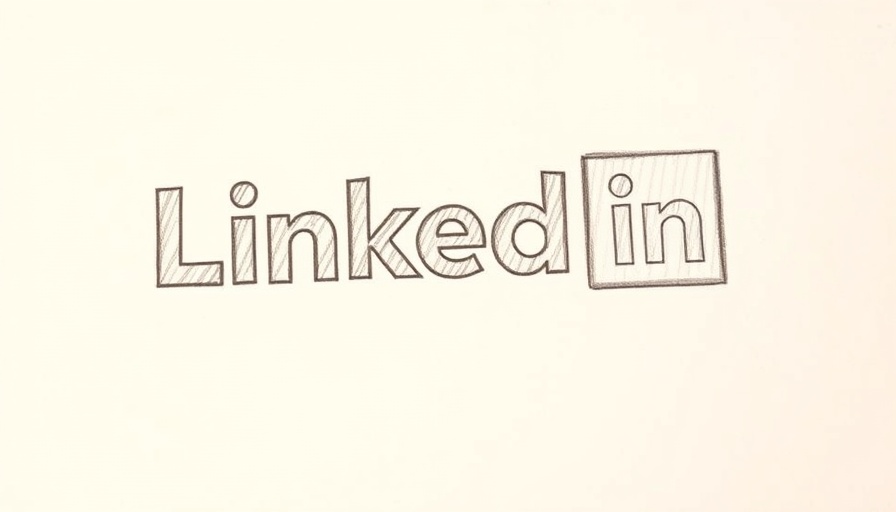
The Surprising Reality of AI on LinkedIn
LinkedIn CEO Ryan Roslansky recently unveiled a reality check about the platform's AI writing assistant—it isn't generating the enthusiasm they had anticipated. In a candid discussion with Bloomberg, Roslansky observed a curious trend: while users are intrigued by AI capabilities, they remain cautious about letting AI take the reins on their professional posts.
Understanding the Hesitation Behind AI Adoption
Unlike more casual social media platforms such as X (formerly Twitter) and Instagram, LinkedIn serves as a critical professional hub. Users are particularly sensitive about how they present themselves online, as their LinkedIn profiles serve as a modern-day resume. Roslansky put it plainly: "This is your resume online." Essentially, users are deterred by the thought of an AI-generated post that may seem inauthentic or unprofessional.
Several key reasons emerge behind users' reluctance to embrace AI in their posts:
- Career Consequences: LinkedIn isn't just a platform to share updates; it’s about signaling one's personal brand. A poorly crafted or AI-generated post may tarnish someone's image.
- Higher Content Standards: The audience here is largely composed of industry professionals who are more discerning and less forgiving of content that lacks a human touch.
- Fear of Exposure: The risk of becoming the subject of a viral "AI fail" moment looms large over users, making authenticity even more crucial.
AI Skills on the Rise, Just Not in Writing
While the reluctance to use AI for content creation might be strong, the appetite for acquiring AI skills is booming. According to Roslansky, there has been a striking sixfold increase in job postings requiring AI skills. Furthermore, more individuals are updating their profiles to showcase their AI-related expertise, climbing by an astonishing twenty times in just the past year. This indicates a clear acknowledgment that AI is a valuable asset—albeit utilized in more practical and less public-facing ways.
Even CEOs Aren't Immune
Interestingly, Roslansky also confessed that he personally employs AI tools in interactions, particularly when crafting messages for Microsoft CEO Satya Nadella. This insight reinforces the notion that even leaders at the highest levels see the value in judicious AI use, especially when precision and tone matter.
Implications and Moving Forward
The cautious embrace of AI on LinkedIn speaks volumes about how individuals perceive their professional identities. Users are realizing the weight their words carry and are thus safeguarding their authenticity in a digital landscape increasingly dominated by AI. As we navigate the future of communication on professional platforms, we'll likely see a blend of traditional human touch paired with technological advancement—one that supports personal expression without overshadowing it.
In this tech-savvy age, the rise of AI is inevitable, but the way we choose to use it is what will ultimately redefine our professional interactions on platforms like LinkedIn. So, why not harness these AI tools to enhance your other skills while still maintaining your unique voice? Interested in exploring how to bypass AI detectors? Visit Prompt2Human for secrets on how to keep your writing authentic while supplementing it with AI help.
 Add Row
Add Row  Add
Add 




Write A Comment